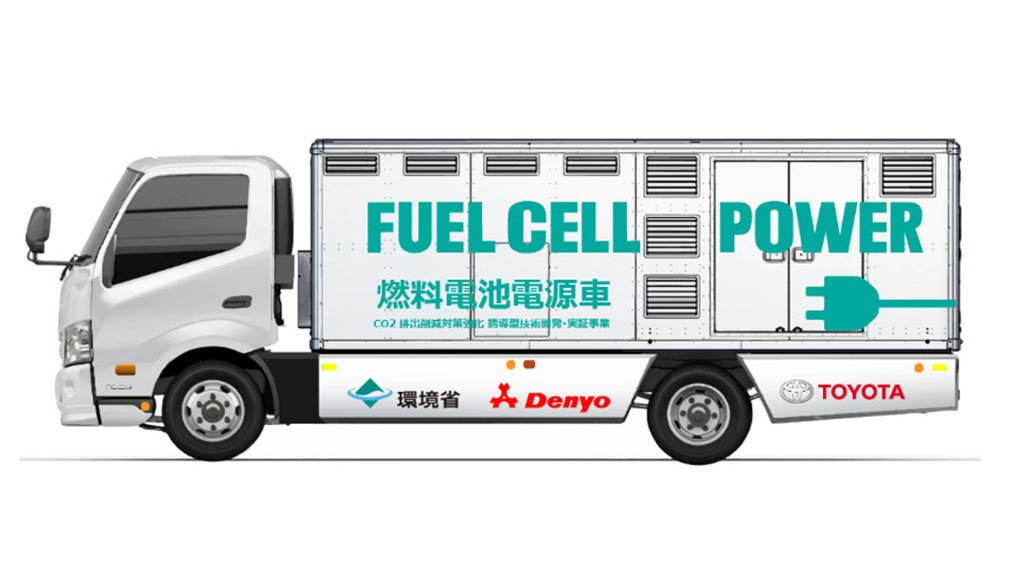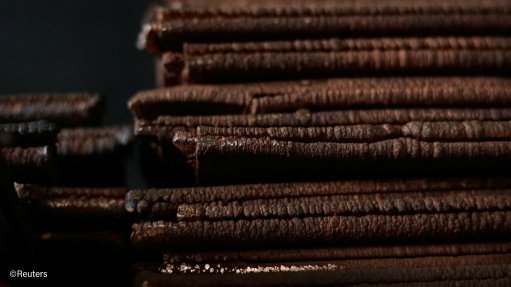Toyota, Denyo develop fuel-cell power-supply vehicle
Japanese vehicle manufacturer Toyota Motor Corporation (Toyota) and Denyo have announced that they have jointly developed a fuel-cell power-supply vehicle.
Denyo, a manufacturer of mobile generators, will work with Toyota to start verification tests with the aim of commercialising the truck.
The project has been selected by Japan’s Ministry of the Environment as a low-carbon technology research and development programme.
Together, the two companies are investigating the possibility of electrified vehicles to act as large-scale power suppliers, delivering electricity when and where needed in a range of scenarios, including disaster-stricken areas without power, as well as entertainment venues such as outdoor concerts.
Many of the current generation of power-supply vehicles use diesel engines to provide power to the vehicles on the road and when generating electricity, which leads to the production of greenhouse gas emissions.
Fuel-cell power-supply vehicles, on the other hand, use zero-emission hydrogen fuel-cells to provide power.
These fuel cells allow for up to 72 hours of continuous power supply, while also providing water for showers as a by-product of power generation.
The Toyota/Denyo fuel-cell power-supply vehicle is based on Toyota’s Dyna light-duty truck and uses the fuel-cell system from Toyota’s Mirai fuel-cell electric car as its power source.
For its power supply unit, it uses fuel-cell power supply equipment developed by Denyo, under a programme subsidised by Japan’s Ministry of the Environment.
The test vehicle carries about 65 kg of hydrogen (in 27 hydrogen tanks), which allows for travelling long distances and generating power for long periods of time.
Verification tests for the vehicle started in September.
The truck will be compared against conventional engine-based power generators to verify the potential benefits of fuel-cell power-supply vehicles.
Comments
Press Office
Announcements
What's On
Subscribe to improve your user experience...
Option 1 (equivalent of R125 a month):
Receive a weekly copy of Creamer Media's Engineering News & Mining Weekly magazine
(print copy for those in South Africa and e-magazine for those outside of South Africa)
Receive daily email newsletters
Access to full search results
Access archive of magazine back copies
Access to Projects in Progress
Access to ONE Research Report of your choice in PDF format
Option 2 (equivalent of R375 a month):
All benefits from Option 1
PLUS
Access to Creamer Media's Research Channel Africa for ALL Research Reports, in PDF format, on various industrial and mining sectors
including Electricity; Water; Energy Transition; Hydrogen; Roads, Rail and Ports; Coal; Gold; Platinum; Battery Metals; etc.
Already a subscriber?
Forgotten your password?
Receive weekly copy of Creamer Media's Engineering News & Mining Weekly magazine (print copy for those in South Africa and e-magazine for those outside of South Africa)
➕
Recieve daily email newsletters
➕
Access to full search results
➕
Access archive of magazine back copies
➕
Access to Projects in Progress
➕
Access to ONE Research Report of your choice in PDF format
RESEARCH CHANNEL AFRICA
R4500 (equivalent of R375 a month)
SUBSCRIBEAll benefits from Option 1
➕
Access to Creamer Media's Research Channel Africa for ALL Research Reports on various industrial and mining sectors, in PDF format, including on:
Electricity
➕
Water
➕
Energy Transition
➕
Hydrogen
➕
Roads, Rail and Ports
➕
Coal
➕
Gold
➕
Platinum
➕
Battery Metals
➕
etc.
Receive all benefits from Option 1 or Option 2 delivered to numerous people at your company
➕
Multiple User names and Passwords for simultaneous log-ins
➕
Intranet integration access to all in your organisation





















